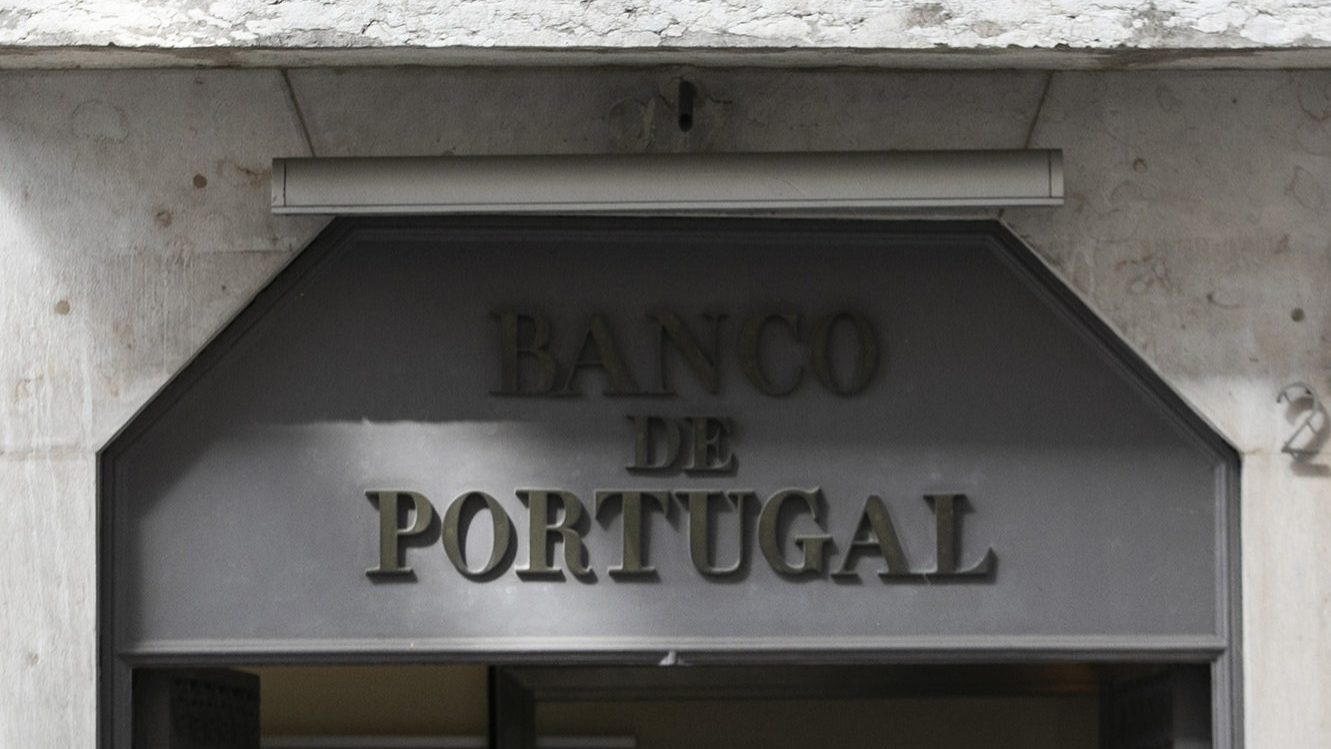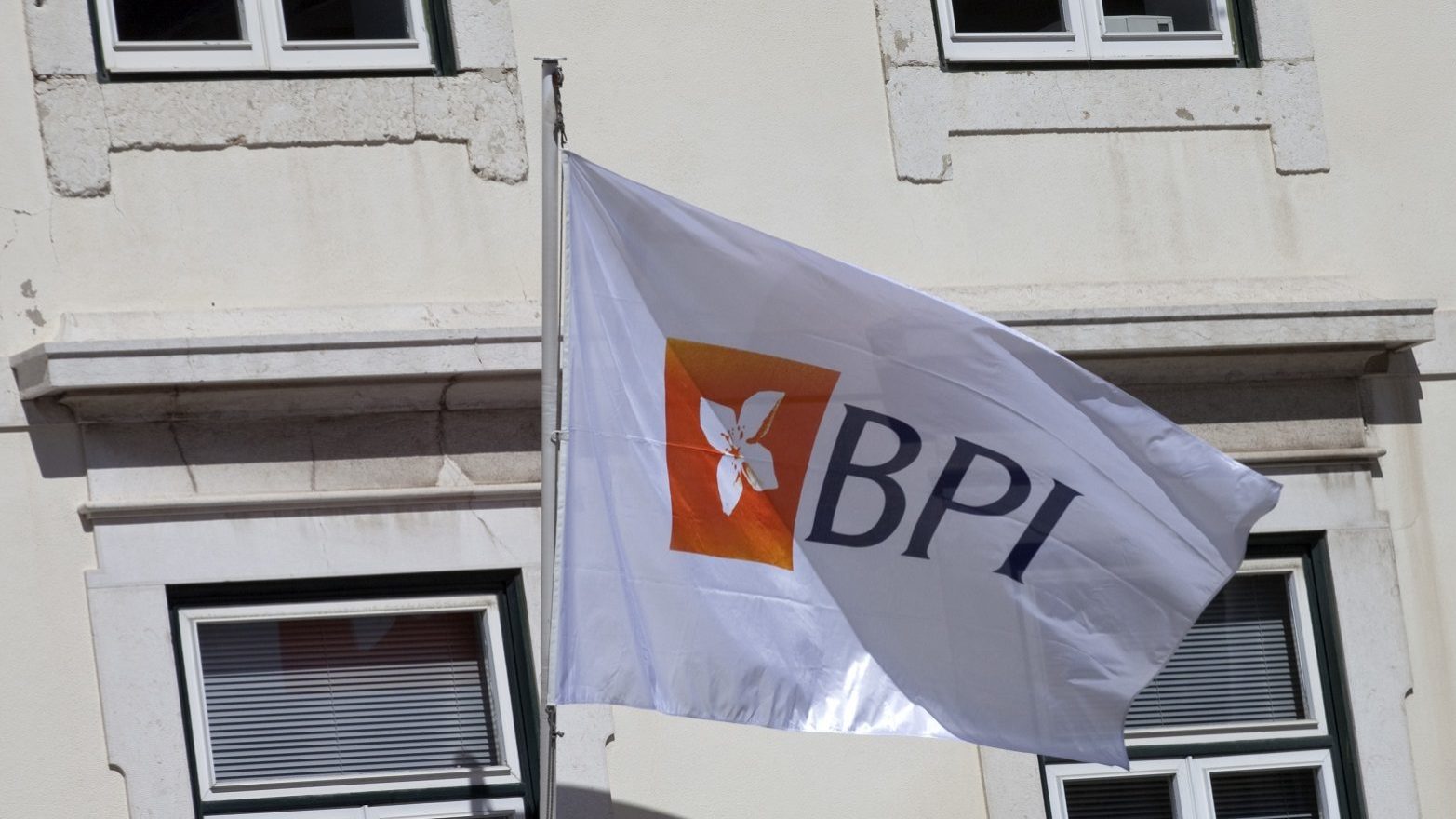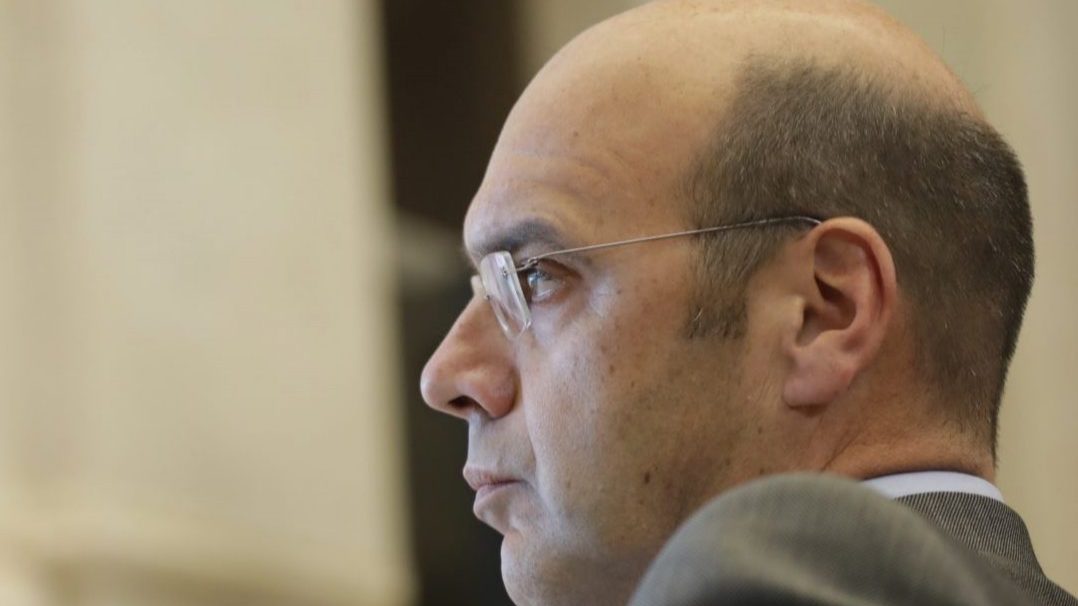Mário Centeno says M&A are “natural” step for Portuguese banks
The governor of the Bank of Portugal said on Monday that mergers and acquisitions are a "natural" step for the country's banks under pressure by low interest rates.
Portuguese banks have fallen behind in mergers and acquisitions after the last crisis because they are focused on the burden of non-performing loans. However, Covid-19 may speed up restructuring partly because the sector is under severe pressure due to low interest rates, Bank of Portugal governor Mário Centeno says in an interview with Reuters.
“Due to the need to do all these transformations, the issue of mergers was not a priority,” Centeno said, referring to 2016 and 2017, when non-performing loans in Portuguese banks peaked at 17%. Now, the situation has changed and may provide an opening for new operations.
“It is a market development, it is there, the low interest rates are a more recent phenomenon and puts enormous pressure on the profitability of banking, it is not a phenomenon of 2016 and 2017,” the Bank of Portugal governor told Reuters. “I am confident that banks in Portugal will understand that challenge and will be prepared to respond to it.”
Centeno explained that there are currently processes to sell banking institutions taking place in Portugal, at a time when Isabel dos Santos’ EuroBic is being sold. He also mentioned that there are converging strategies between banks that could lead to new phenomena.
“Now low interest rates are putting enormous pressure on banks’ profitability … I’m confident banks will perceive this challenge and will be ready to respond. So, I would expect mergers to come up as a natural market development,” he added.
On a new aggravation of non-performing loans, namely with the end of bank moratoria, the head of the banking supervisor rejects the possibility, recalling that in 2020, non-performing loan ratios fell again in Portugal and that Portuguese banks have a high level of impairments. Still, the Bank of Portugal is monitoring the situation.
“We don’t see any signs of this happening [increase in non-performing loans] … I don’t see any reason for this to be more serious in Portugal than in other countries,” Centeno said. After a drop in the country’s gross domestic product (GDP) of 7.6 percent in 2020, the Bank of Portugal expects growth of 3.9 percent this year.


